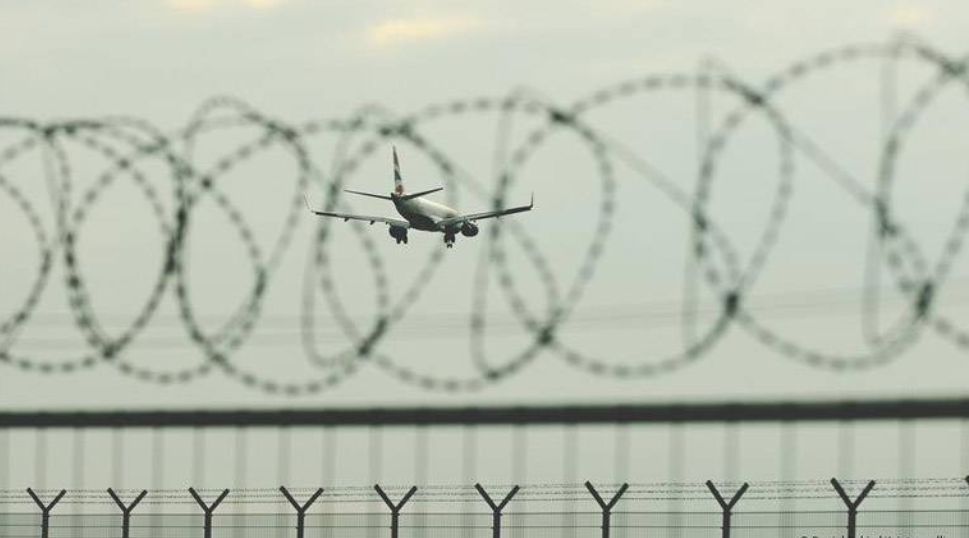
News Desk
BRUSSELS: Twenty European nations urge EU to broker Taliban deal for forced return of Afghan migrants, citing security risks and illegal residency concerns.
A coalition of twenty European nations has urged the European Commission to take “immediate action” to return Afghan nationals living illegally in Europe, even if this requires forced removals and direct negotiations with the Taliban, according to an exclusive report.
In a joint letter obtained by The Guardian, the countries argued that the current inability to deport Afghans, including those convicted of crimes, poses a threat to public security. The initiative is being led by Belgium’s Secretary of State for Asylum and Migration, Nicole de Moor, and includes signatories such as Austria, Germany, Denmark, Finland, and the Netherlands, among others.
The group called on the EU executive to prioritize the issue and suggested that returns could be either voluntary or enforced. The letter also proposed that a formal agreement be brokered with the Taliban’s de facto government to facilitate deportations, effectively reinstating a process that has been stalled since the Taliban’s takeover in 2021. The collapse of the previous EU-Afghanistan return agreement has created a legal and political impasse, halting deportations and leaving member states struggling to manage irregular Afghan migration.
The coalition recommended that the European Commission, the EU’s diplomatic service, and member states organize a joint mission to Afghanistan to negotiate directly with Taliban authorities. Officials emphasized that the focus should be on returning individuals deemed criminals or security threats, reflecting growing concerns over national security and public safety.
The letter underscores rising tensions within the EU over migration policy, as member states push for coordinated measures to address irregular arrivals while navigating the diplomatic complexities of dealing with the Taliban. The twenty signatory countries include Austria, Bulgaria, Cyprus, the Czech Republic, Denmark, Estonia, Finland, Germany, Greece, Hungary, Ireland, Italy, Lithuania, Luxembourg, Malta, the Netherlands, Poland, Slovakia, Sweden, and Norway, representing a broad cross-section of Europe’s response to migration challenges.


